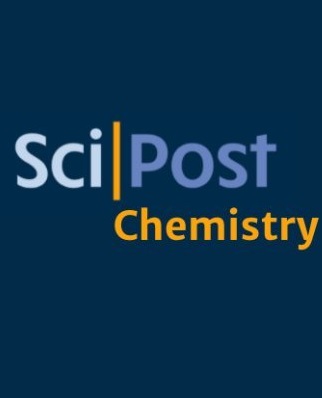超导谐振器中的非平衡准粒子分布:破对光子的影响
IF 5.4
2区 物理与天体物理
Q1 PHYSICS, MULTIDISCIPLINARY
引用次数: 0
摘要
许多超导设备都依赖于超导体激发光谱中的有限间隙:得益于这一间隙,在远小于临界温度的条件下,能够影响设备行为的激发(准粒子)数量呈指数级减少。然而,在低温实验中通常会发现有限的、不可忽略的准粒子密度,其起源可归结为各种非平衡现象。在这里,我们研究了能量超过配对断裂阈值 $2\Delta$ 的光子作为超导谐振器中这些准粒子的可能来源的作用。通过使用动力学方程方法模拟准粒子、声子、次间隙和断对光子的相互作用系统,我们找到了准粒子密度及其能量分布的分析表达式。将我们的理论应用于品质因数与温度的函数关系和各种读出功率的测量,我们发现可以通过假定有少量光子超过断对阈值来解释它们。我们还表明,频移数据可以提供准粒子加热的证据。本文章由计算机程序翻译,如有差异,请以英文原文为准。
Nonequilibrium quasiparticle distribution in superconducting resonators: Effect of pair-breaking photons
Many superconducting devices rely on the finite gap in the excitation spectrum of a superconductor: thanks to this gap, at temperatures much smaller than the critical one the number of excitations (quasiparticles) that can impact the device's behavior is exponentially small. Nevertheless, experiments at low temperature usually find a finite, non-negligible density of quasiparticles whose origin has been attributed to various non-equilibrium phenomena. Here, we investigate the role of photons with energy exceeding the pair-breaking threshold $2\Delta$ as a possible source for these quasiparticles in superconducting resonators. Modeling the interacting system of quasiparticles, phonons, sub-gap and pair-breaking photons using a kinetic equation approach, we find analytical expressions for the quasiparticles' density and their energy distribution. Applying our theory to measurements of quality factor as function of temperature and for various readout powers, we find they could be explained by assuming a small number of photons above the pair-breaking threshold. We also show that frequency shift data can give evidence of quasiparticle heating.
求助全文
通过发布文献求助,成功后即可免费获取论文全文。
去求助
来源期刊

SciPost Physics
Physics and Astronomy-Physics and Astronomy (all)
CiteScore
8.20
自引率
12.70%
发文量
315
审稿时长
10 weeks
期刊介绍:
SciPost Physics publishes breakthrough research articles in the whole field of Physics, covering Experimental, Theoretical and Computational approaches. Specialties covered by this Journal: - Atomic, Molecular and Optical Physics - Experiment - Atomic, Molecular and Optical Physics - Theory - Biophysics - Condensed Matter Physics - Experiment - Condensed Matter Physics - Theory - Condensed Matter Physics - Computational - Fluid Dynamics - Gravitation, Cosmology and Astroparticle Physics - High-Energy Physics - Experiment - High-Energy Physics - Theory - High-Energy Physics - Phenomenology - Mathematical Physics - Nuclear Physics - Experiment - Nuclear Physics - Theory - Quantum Physics - Statistical and Soft Matter Physics.
 求助内容:
求助内容: 应助结果提醒方式:
应助结果提醒方式:


